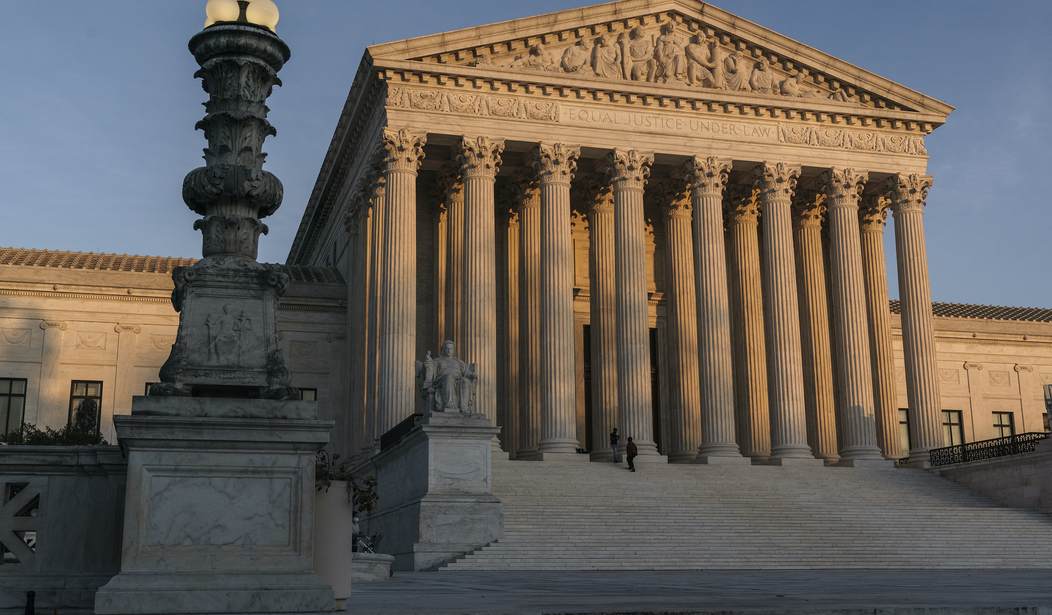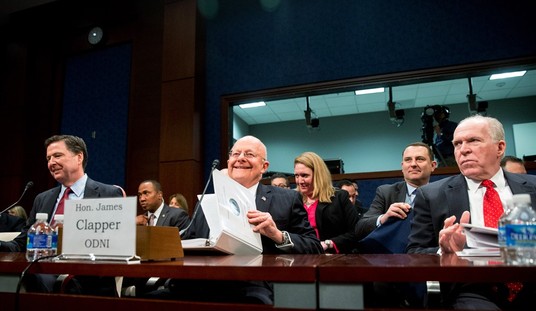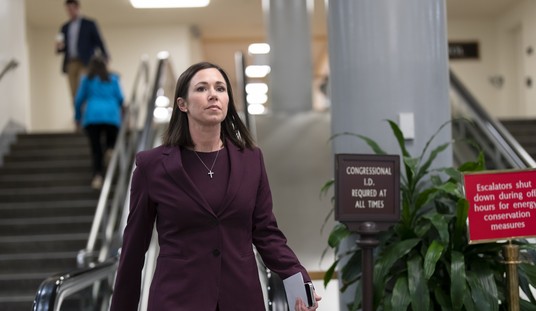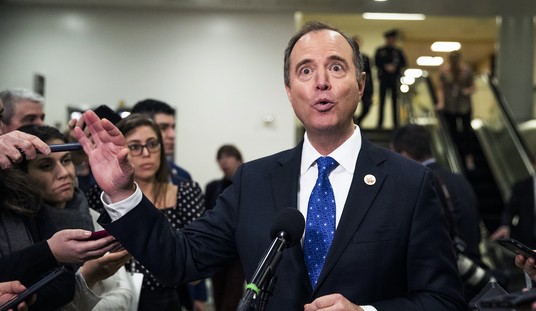The Supreme Court denied review today to two cases filed in connection with the Presidential vote in Pennsylvania.
The first case was filed by both the Trump Campaign and the Republican Party of Pennsylvania, challenging the decision by the Pennsylvania Supreme Court that made changes to the election laws in Pennsylvania. The most controversial change allowed the counting of mailed-in ballots received up to three days after election day — the election statute has a cut-off of 8:00 pm on election night — so long as the ballot envelope was postmarked on or before election day. Ballot envelopes with no postmark, or with an illegible postmark, were presumed to have been mailed prior to election day.
The second case was filed by GOP Congressman Mike Kelly, challenging the adoption by the Pennsylvania Legislature of no-excuse absentee balloting as a violation of the Pennsylvania State Constitution, on the basis that in-person voting is mandated by the state’s constitution, and the expansion of the absentee voting provisions required an amendment to the Constitution. The process followed by the Legislature in passing the legislation did not satisfy the requirements for adopting such an amendment.
Justice Thomas wrote a statement dissenting from the denial of the case filed by the Trump Administration and the Pennsylvania GOP. Justice Alito wrote a separate statement in which he agreed with Justice Thomas, and Justice Gorsuch joined in Justice Alito’s statement dissenting from the denial of review.
This lineup means that Chief Justice Roberts, along with Justices Kavanaugh and Barrett, were among the six justices voting to deny review. It would have only taken the vote of one of those three to have accepted the case.
The case involving the changes to Pennsylvania election laws by the Pennsylvania Supreme Court involved a particularly thorny question of federalism, as the justification given by the Pennsylvania Supreme Court in its decision was based on a provision of the Pennsylvania Constitution mandating that elections “be free and equal.” Defenders of the Pennsylvania Court’s decision argued that it is an accepted matter of US Supreme Court jurisprudence that State Supreme Courts have final say on the meaning of the State’s constitution, and in this instance, the Pennsylvania Supreme Court determined that Pennsylvania’s November 2020 elections could only be “fair and equal” for all voters if the deadline for receiving mailed-in ballots was extended by three-days based on the justifications presented to the Court in the record of the case.
The critics of the Pennsylvania Supreme Court’s decision pointed to the “electors” clause of the United States Constitution, which gives to State Legislatures the authority to determine the “manner” by which electors shall be selected for Presidential election contests. The critics argued that the Pennsylvania judiciary lacked authority under the United States Constitution to change the procedures as adopted by the Pennsylvania Legislature pursuant to the “electors” clause.
The Justices avoided having to resolve this conflict by declining to take the case.
No dissenting statements were filed in voting to deny review of the case brought by Congressman Kelly.
I’ll have a more in-depth review of the dissenting statements written by Justices Thomas and Alito later today.














Join the conversation as a VIP Member